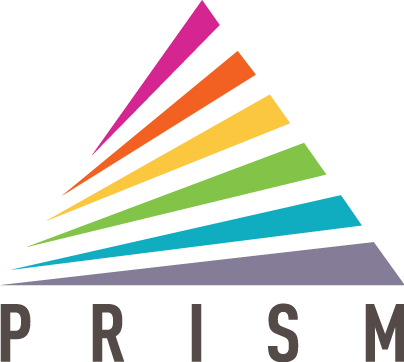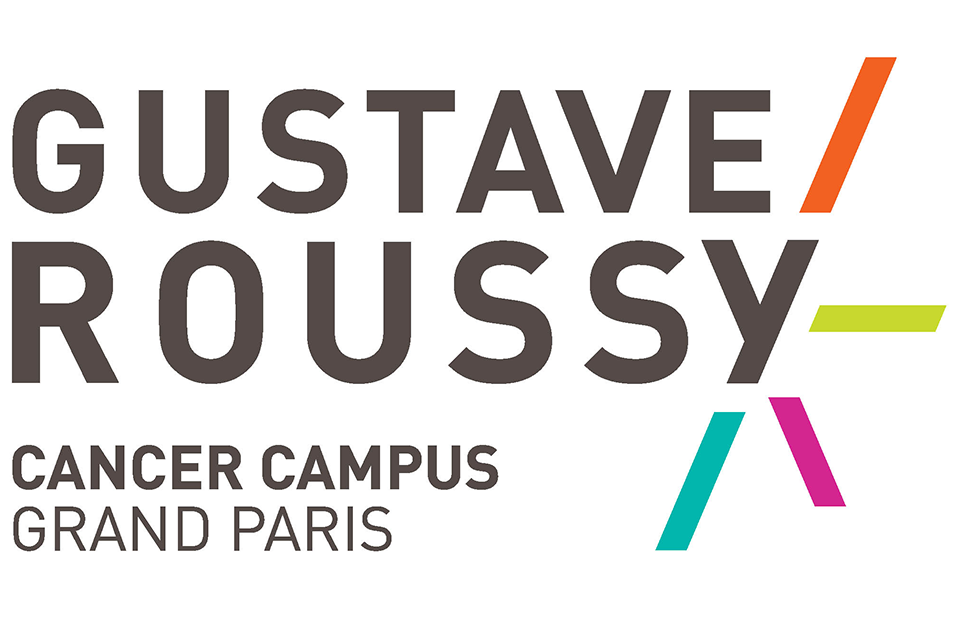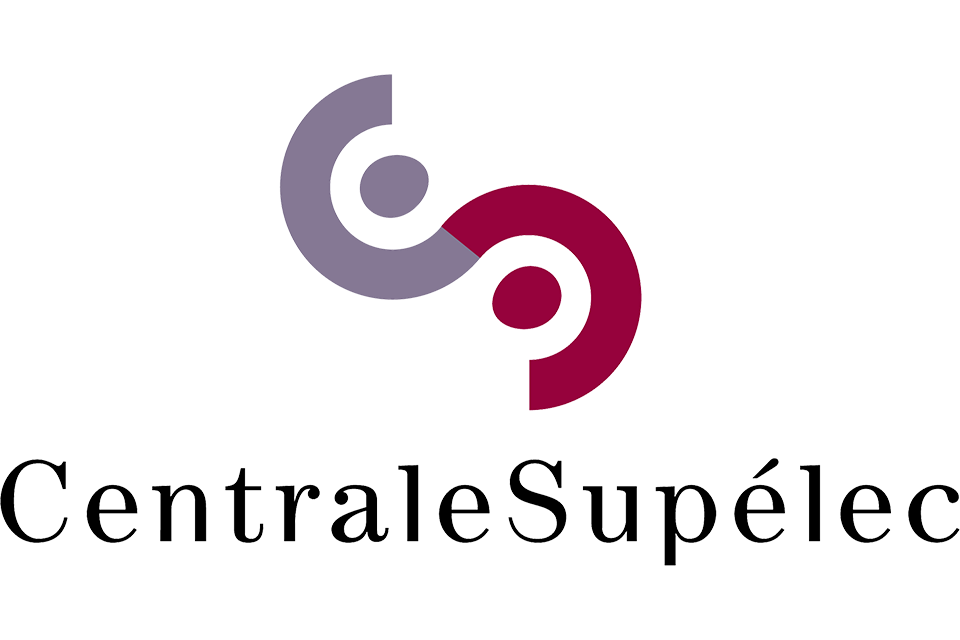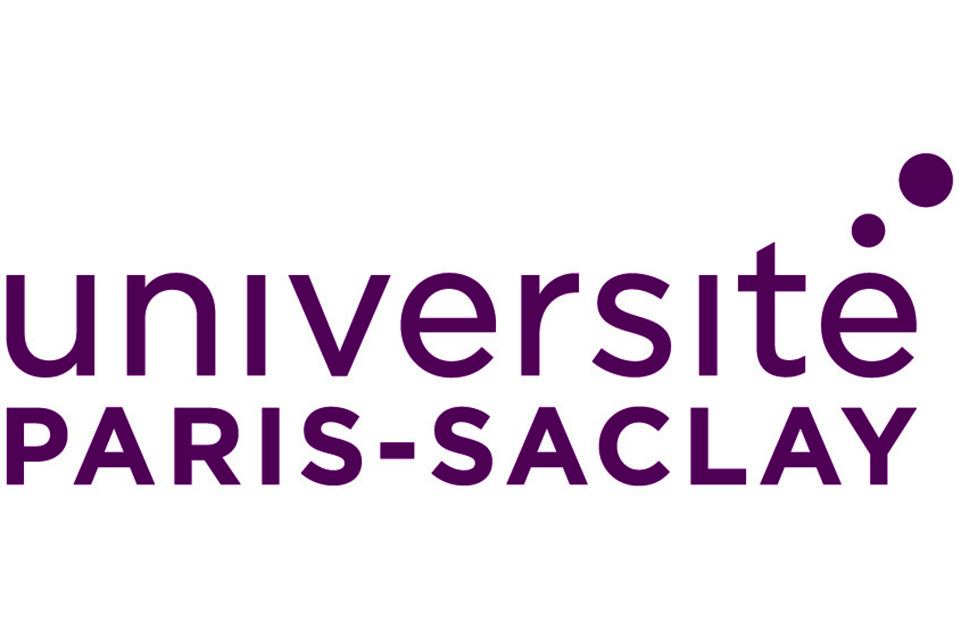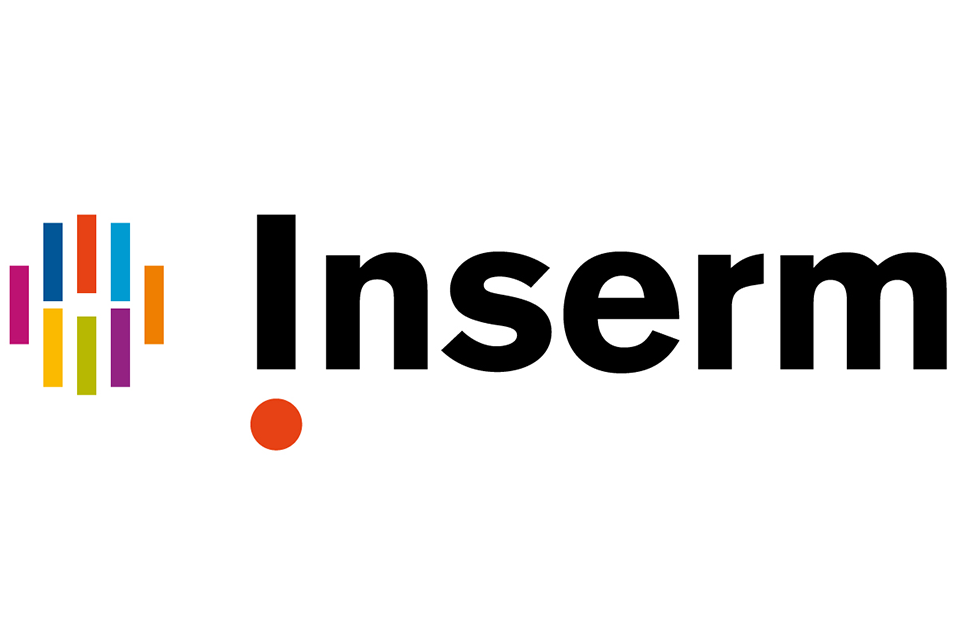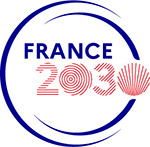A month after the event, we look back at the IHU PRISM General Assembly, held on September 12, 2025, at the Université Paris-Saclay – Faculty of Medicine (Le Kremlin-Bicêtre). The meeting brought together more than 150 participants from across the PRISM community and its five founding institutions: Gustave Roussy, Université Paris-Saclay, CentraleSupélec, Inserm, and Unicancer.
A national institute dedicated to precision oncology
Labeled by the French National Research Agency (ANR) in 2023 under the France 2030 program, IHU PRISM aims to transform cancer care by integrating biological modeling, multi-omics, and artificial intelligence into clinical practice. The institute builds a unique ecosystem connecting research, innovation, and education to accelerate the transition toward truly personalized medicine.
Reviewing the vision, achievements, and new directions
Opening the session, Prof. Fabrice André presented PRISM’s vision, infrastructure, and strategic roadmap for the next decade. Maud Kamal then reviewed the institute’s governance and the major milestones achieved since its launch, including the establishment of transversal programs, platforms, and committees supporting clinical, translational, and data-driven research.
Among the highlights of the day was the presentation of the Platform for Exceptional Genomic Cancer Cases (PEGCC) by Semih Dogan, designed as a secure and collaborative tool to collect and share atypical genomic cases. This initiative, discussed with the ESMO Precision Medicine Group, will undergo beta-testing in early 2026 before being opened to a broader clinical community.
The UNLOCK translational program showcased the bridge between clinic and research, focusing on the operational and analytical circuits enabling deep biological exploration of patient samples. Discussions emphasized the importance of data integration, biobanking, and harmonized workflows to accelerate discoveries.
The Education Program, presented by Prof. Nathalie Lassau, highlighted PRISM’s growing role in training the next generation of scientists and clinicians — through new diplomas, thematic schools, and the upcoming 2026 edition of the AI in Oncology conference.
New teams and flagship programs
Three new research teams joined the IHU PRISM in 2025, broadening the institute’s scientific landscape: Géraldine Gentric (cancer metabolism and resistance), Sophie de Carné (RAS-driven cancer and inflammation), and Iñigo Landa (thyroid cancer genetics).
Several flagship programs were also featured:
-
Meditwin, developing digital twins for oncology;
-
ARCANE, an AI-driven platform for rare cancer modeling;
-
Interception, targeting early detection and prevention of cancer.
Perspectives and next steps
A keynote lecture by Prof. Eric Vivier on Harnessing Natural Killer cells in cancer therapies highlighted the potential of these immune cells to expand therapeutic options in oncology.
Finally, Dr. Sergey Nikolaev, Dr Elsa Bernar and Prof Paul-Henry Cournède presented the newly formed Cancer Data Science Unit, gathering teams from Inserm, CentraleSupélec, and Gustave Roussy to strengthen computational oncology and support data integration across PRISM’s programs.

